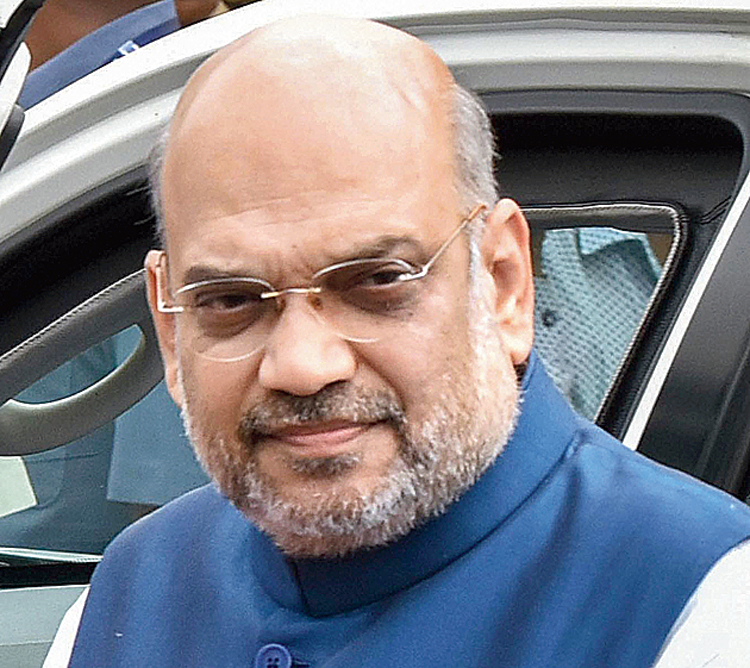India does not have a national language. It has two official languages, Hindi and English, and 22 scheduled languages.
The 22 languages are mentioned in Schedule 8 of the Constitution. Public service examinations can be answered in any one of the scheduled languages.
According to the 2011 census, Hindi, which counts 57 mother tongues under it, is spoken by around 52 crore Indians. The other 21 scheduled languages are spoken by 67.7 crore people.
Among the scheduled languages, the largest group of speakers apart from Hindi are Bengali, spoken by 9.7 crore Indians, followed by Marathi and Telugu.
Within hours of Shah's speech, the #HindiDiwas hashtag on Twitter had a rival: #StopHindiImposition.
Sue enough, there were tweets from Tamil Nadu, a state that has earlier spoken up against imposition of Hindi in school curricula.
Home minister Amit Shah today pitched for making Hindi the language that would be India's identity.
'India is a land of many languages and every language has its relevance, but it is important to have one language across the entire country that will be the country's identity abroad,' Shah tweeted on Hindi Diwas.
Shah in a speech at the All-India Ayurvigyan Sanstha in New Delhi on Saturday said that the development of Hindi was a national duty.
No sooner than Shah had made the speech, tweets in support came pouring in.
HRD minister Ramesh Pokhriyal Nihank even put out a verse he had composed to celebrate Hindi.
For reasons not quite clear, one Twitter user put out an Isro letter that had its chief K. Sivan's signature in Hindi. The tweet said it was 'pleasant' to see Sivan's signature in Hindi.
Bengal chief minister Mamata Banerjee, while tweeting her greetings on Hindi Diwas, made it clear that the matri-bhasha or mother tongue must not be ignored.











